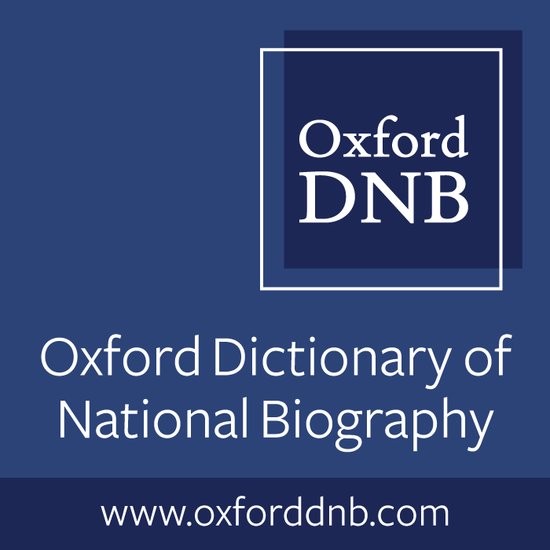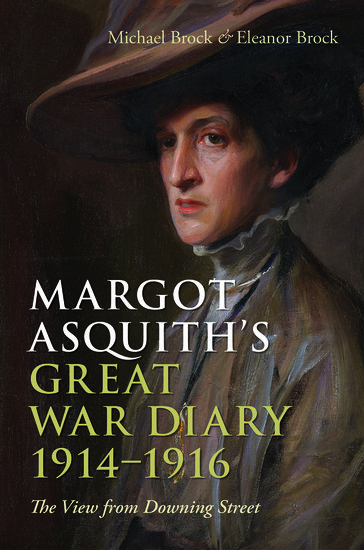The Oxford DNB at 10: biography and contemporary history
When it was first published in September 2004, the Oxford DNB included biographies of people who had died (all in the ODNB are deceased) on or before 31 December 2001. In the subsequent ten years we have continued to extend the Dictionary’s coverage into the twenty-first century—with regular updates recording those who have died since 2001. Of the 4300 people whose biographies have been added to the online ODNB in this decade, 2172 died between 1 January 2001 and 31 December 2010.









